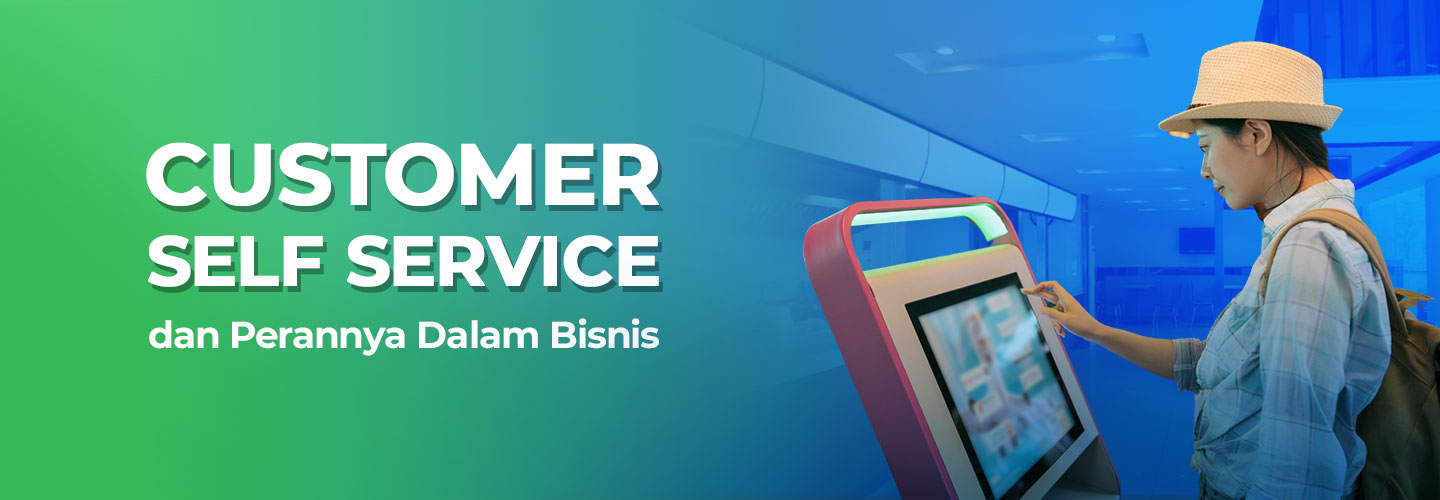ESG Center
Focus on driving sustainable business, practices through expert consulting, training, advising, assistance, and innovative solutions in Environment, Social, and Governance (ESG).

When experiencing problems related to products, consumers will seek help and look for solutions. However, providing customer service agents is not the only way that can be done as a form of post-sales service. If possible, make the role of customer service agents the last resort for consumer assistance.
Seeing changes in the customer journey that are developing amidst today's digital evolution, consumers often search for product information via the internet. This also applies to the information they need when facing problems. Indirectly, every consumer is actively seeking help themselves without having to interact.
Practically and operationally, customer self-service is a business requirement that is nice to have. For consumers, it would be better if a product had complete information regarding products and services. That way, consumers can find simple answers regarding products without having to contact a customer service agent.
Even so, the availability of customer self-service is not only needed for one platform. Each business can provide help center services in the form of articles, automated text messages, or bots that can be accessed in the application. Reporting from Zendesk, consumers also hope to be able to make appointments or connect with customer service agents via the platform.
Customer self-service is quite easy to adopt and integrate into your customer service system. If it doesn't offer those options, one of the best places to start is by creating a website. You can start creating articles with basic information, training video scripts, or chatbot response maps.
Self-service systems adapted for customer service use can help create business efficiencies. The availability of product-related information is a need and a strategy in a business. Apart from that, here are the benefits of customer self-service for a business.
Self-service information centers don't have business hours, and neither do chatbots. Consumers who come are free to contact anywhere and anytime to get answers to their questions. They can choose to serve themselves rather than waiting for customer service agents to offer assistance during business hours.
This is especially useful for teams that have diverse customer base segments. People who come looking for product-related information may be in different time zones of the day.
Although omnichannel strategies also have an important role, the interaction costs of representative agents are very high. However, the more self-service options offered, the less need there is for a representative agent. In this way, you can save even more on hiring support staff.
When you empower consumers to solve their own questions, you free up time for representative agents to resolve more complex questions. Agents can spend more time improving customer experience rather than dealing with endless email queues.
The more information available for consumers to solve problems quickly and easily, this also increases trust in the brand. This can help you to increase customer satisfaction and overall retention.
Not a few products require detailed explanations step by step, especially with image or video visualization. Through the self-service feature, a business can explain its product information in a way that consumers understand. This also minimizes consumer dissatisfaction in the face of confusion.
In general, customer self-service is not a product service that is easy for businesses to create. You must know the best platforms that consumers can search for and continue to update the information so that it remains relevant to the latest product conditions. If it can be planned well, then the benefits can be felt efficiently.
INSIGHT AND KNOWLEDGE
RECOMMENDATION ARTICLES